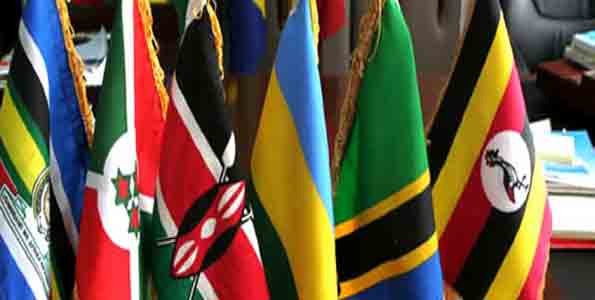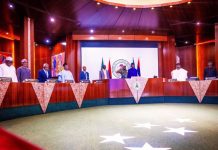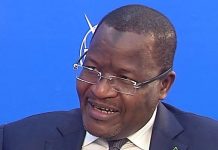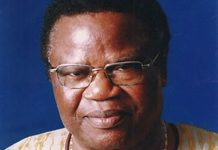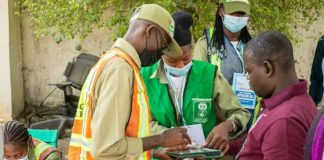Some legal luminaries in Kenya say that more than 100 laws in the national statutes of six East African Community partner-states should be reviewed to conform to the EAC Common Market Protocol.
In a statement in Nairobi, this week, the experts said the concerned laws relate to the provisions of the protocol, namely: free movement of goods; free movement of persons; free movement of labour; free movement of capital; free movement of services; right of establishment, and right of residence.
The EAC Deputy Secretary-General in charge of productive and social sectors, Mr. Christophe Bazivamo, who buttressed the point, described the harmonization of the relevant national laws in the partner states to conform to the protocol as a monumental task that would require much time and resources.
Mr. Bazivamo said despite these challenges, the Community had made significant progress in terms of promoting the cross-border movement of skilled labour and cited the signing of Mutual Recognition Agreements (MRAs) among various professionals, as an example.
He declared that MRAs had already been signed among accountants, architects, engineers and veterinarians, noting that “negotiations of MRAs for land surveyors and advocates have been concluded and are awaiting approval by competent authorities. Mr. Bazivamo said the negotiations of the MRA for pharmacists have commenced”.
The DS-G said the main barriers to the free movement of persons in Africa were the mind-set based on the geographical boundaries drawn by the colonial powers and regulations put in place by countries concerning immigration, customs and other cross-border procedures.
Mr. Bazivamo told a team from the Centre for Pastoral Areas and Livestock Development based in Nairobi, Kenya, that “Sensitisation of people at all levels is necessary on the need to knock down these national barriers”.






